
Hanoitimes
470 newsArticles by author

Space renting business for growing greens flourishes in Hanoi
The landowners help their customers grow organic veggies following four criteria namely no chemical pesticides, no growth stimulants, no excess of nitrates, no metal – chemicals residues in soil and irrigation water.
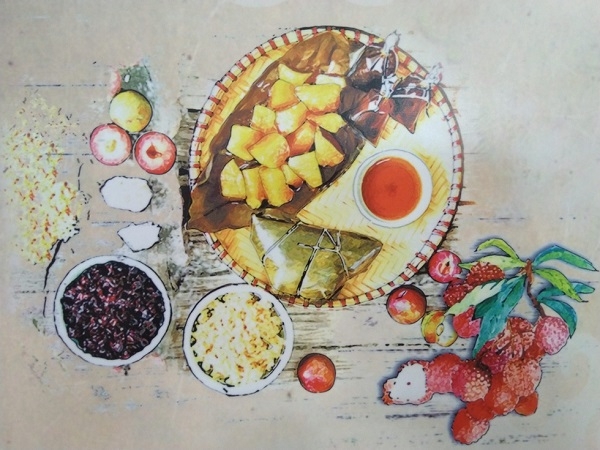
Tet Doan Ngo, a bizarre festival through French artist’s depiction
Doan Ngo festival, which falls on June 7 this year, is a kick-off occasion to kill the insects harming the crops.
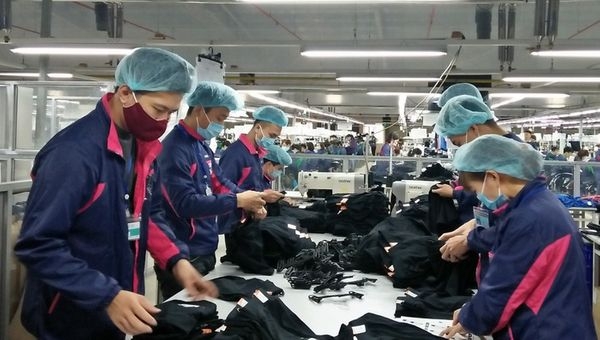
Vietnam sends over 54 thousand workers abroad in Jan-May
In the first five months of 2019, Vietnamese workers were sent to 25 markets, up four compared to the first five months of 2018.
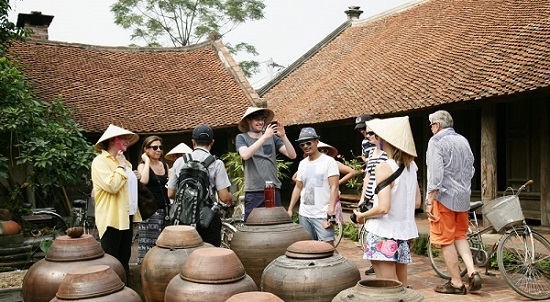
Hanoi has great potential in agricultural eco-tourism development
Besides cultural, historical and scenic tourism, Hanoi also has the advantage of agricultural eco-tourism. However, this model has not yet become a highlight of the Vietnam capital’s tourism.

Giants make inroads into Vietnam’s intermediary payment service
The market is open to giants with enormous financial resources to become the leaders. However, this competition itself, as well as e-commerce, is predicted to be cutthroat.
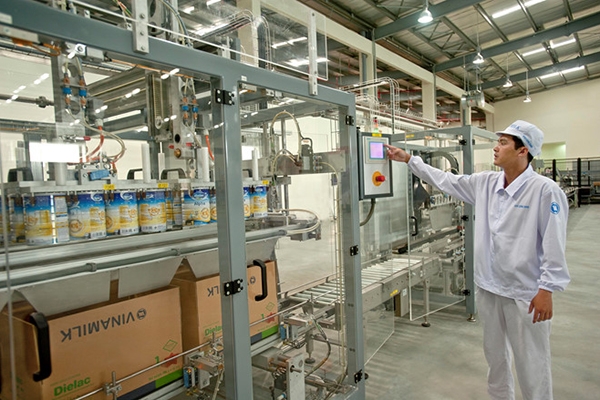
Streamlined policies to attract more indirect foreign capital to Vietnam’s firms
Though the current legal regulations allow foreign investors to fully own a local firm, it still prevents the investors from pouring funds into some conditional business lines, such as banking and aviation sectors with foreign ownership cap limited at 30 percent.
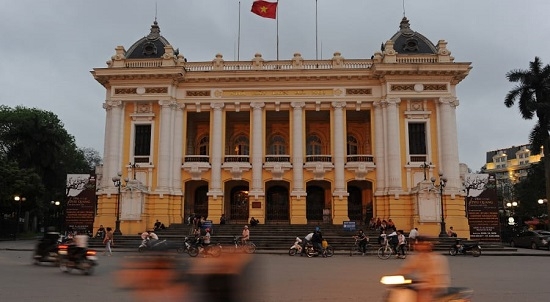
Hanoi, Phu Quoc among best destinations to visit in Asia: CNN
The American broadcaster listed Hanoi for its history, culture and endless energy.
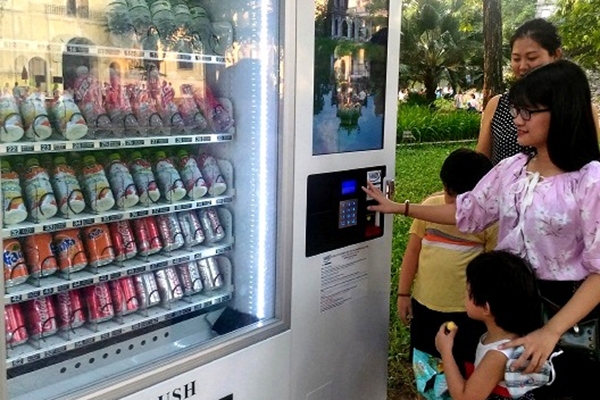
Hanoi to install more automatic vending machines in public areas
The initial success in piloting the installation of vending machines in Hoan Kiem Lake and the surrounding areas has proven the advantages of this form of retail in crowded and narrowed areas.
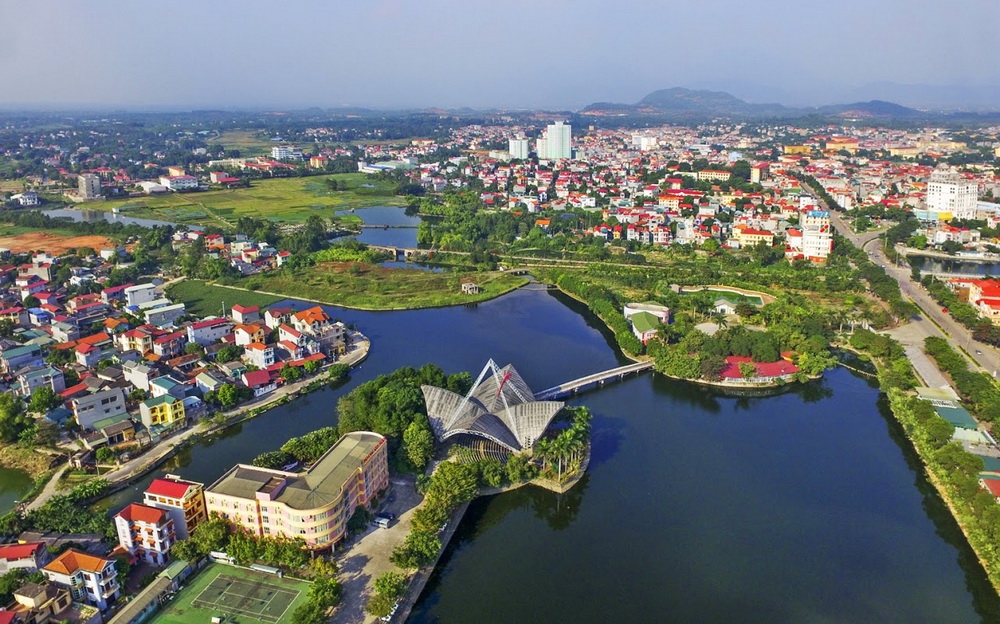
Investors benefit from Vietnam’s new planning law
The new policies will simplify procedures, explaining that instead of 95 laws and ordinances, investors only have to relate to two legal documents regulating planning. This is a way to reduce administrative procedures and increase transparency and stability of the law.
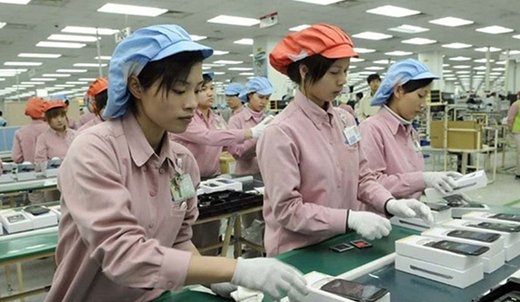
Hanoi retains lead nationwide in FDI attraction
As of present, Hanoi has total of 4,850 ongoing foreign-invested projects with accumulated capital of US$41.2 billion, of which, the disbursement rate accounts for 49.7% of the total or US$20.5 billion.
